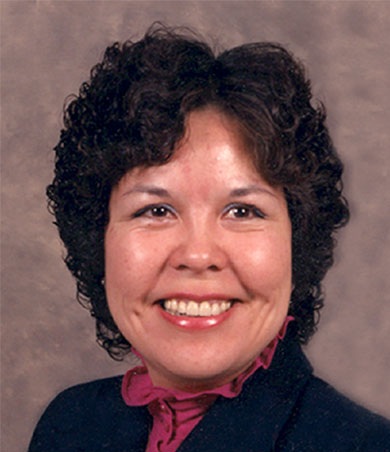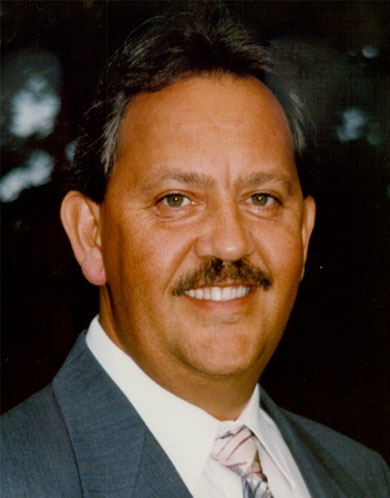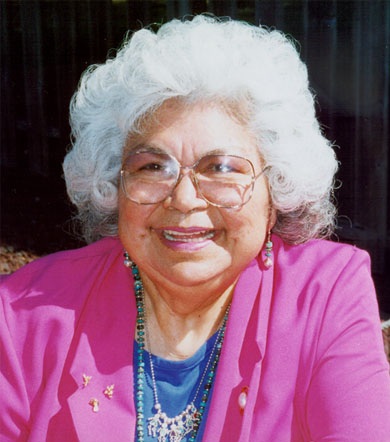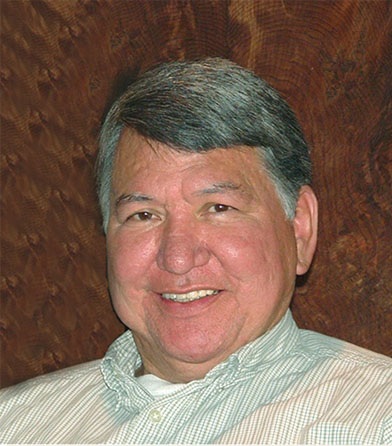| home |
|
Tribal Council Exhibit Main Menu > Tribal Councils Past & Present
|
|||
| Jamestown S'Klallam Tribal Council, Past and Present | |||
Gaining Federal Recognition, the 1980s |
|||

Vickie Carroll
(Johnson-Dick family) Served as Secretary 1980-1982

Marion Taylor
(Reyes family) Served as Vice-Chair 1977-1978

Jeff Allen
(Allen family) Served as Treasurer 1977-1978 |
The Tribe gained federal recognition on February 10, 1981, proving in its petition to the Department of the Interior that it had met the seven criteria set out by the government.
Upon recognition, the Tribe adopted its first Fishing Ordinance, and began to engage with the Port Gamble and Lower Elwha Tribes in protection of their usual and accustomed fishing area rights. As a federally recognized Tribe, the Boldt decision of 1974 now applied the Tribe’s fin fishing rights. In 1983, after recognition and the acceptance of the Tribal membership roll, Constitution and Bylaws by the BIA, the Tribe was able to finally access its Indian Claims Judgment Funds of $235,211.27 (which it originally petitioned for in the 1950s, was granted on November 5, 1976 and appropriated on May 4, 1977). The Tribe invested in its first land purchase of 2.12 acres in Blyn, a new truck and invested the remainder for future capital project funding. The Tribe now also qualified to apply for and receive federal grants, which became, and remain an important source of funding for the Tribe. Land acquisition and economic development characterized the next two decades, all for the purpose of positioning the Tribe to be able to provide programs and services for its citizens. The first business, opened in 1985, was Jamestown Fireworks. Rental properties in Bainbridge Island and Port Angeles were also purchased during the mid-80s. Architectural plans were drawn for the new Administration building in 1987. Tribal Council acted in just about every capacity-making decisions about personnel, fisheries, housing improvement and higher education.
As Tribal Council Vice-Chair Sandra Johnson wrote in the August 2001 Tribal newsletter, “Our ultimate goal is to represent the Tribal membership...On your behalf, we make decisions to preserve our environment, improve our standard of living through healthcare, employment and education opportunities. We support programs and events that promote and preserve our culture. We work to safeguard Tribal sovereignty and treaty rights. We look to the future, anticipate needs and try to plan for them effectively. We strive to set policies that will be fair to everyone yet maintain the flexibility to accommodate special circumstances. It is a rewarding job. But it is not an easy job.”
|

Hannah Johnson
(Chubby-Dick family) Served as Vice-Chair 1978-1983

Elsie Cable Tuttle
(Chubby family) Served as Secretary 1978-1980

Steve Johnson
(Johnson-Dick family) Served as Council Member 1982-1985 |
|

|
Page 9 |

|
|
|
|||||||||||||

